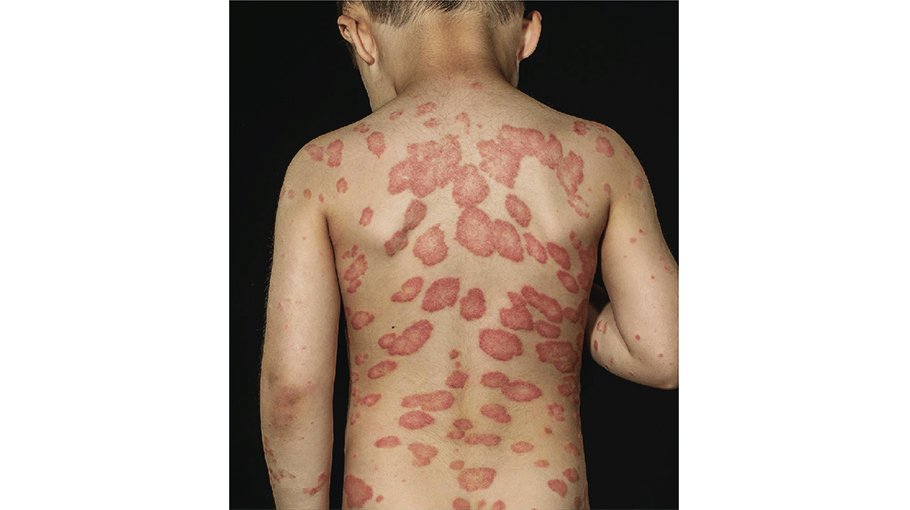How to diagnose psoriasis (part 4)

Your health care provider will ask questions about your health and examine your skin, scalp and nails. Your health care provider then might take a small sample of skin (biopsy) for examination under a microscope. This helps determine the type of psoriasis and rule out other disorders.
Treatment:
Psoriasis treatments aim to stop skin cells from growing so quickly and to remove scales. Options include creams and ointments (topical therapy), light therapy (phototherapy), and oral or injected medications. Which treatments you use depends on how severe the psoriasis is and how responsive it has been to previous treatment and self-care measures. You might need to try different drugs or a combination of treatments before you find an approach that works. Even with successful treatment, usually the disease returns.
Topical therapy:
• Corticosteroids: These drugs are the most frequently prescribed medications for treating mild to moderate psoriasis. They are available as oils, ointments, creams, lotions, gels, foams, sprays and shampoos. Mild corticosteroid ointments (hydrocortisone) are usually recommended for sensitive areas, such as the face or skin folds, and for treating widespread patches.
• Vitamin D analogues: Synthetic forms of vitamin D — such as calcipotriene (Dovonex, Sorilux) and calcitriol (Vectical) — slow skin cell growth. This type of drug may be used alone or with topical corticosteroids. Calcitriol may cause less irritation in sensitive areas. Calcipotriene and calcitriol are usually more expensive than topical corticosteroids.
Courtesy: Mayo Clinic




